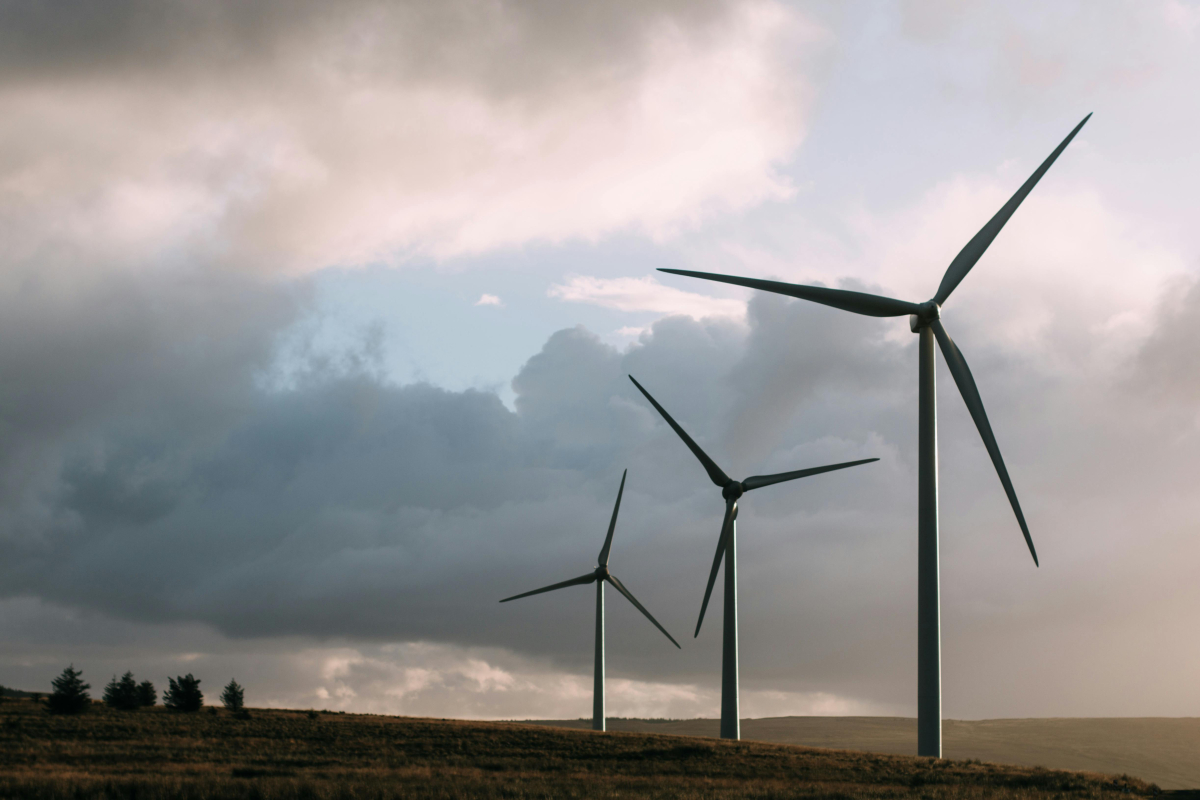Support strong Canadian climate journalism for 2025
The Ontario government is developing a program to enable corporations to purchase power from new clean electricity generators. If designed properly, the program can build on a strong foundation of successful similar programs implemented in dozens of states and provinces. And — again, if designed properly — it offers a chance that’s simply too good to miss to support meaningful opportunities for Indigenous-led economic self-determination.
Learning from others’ success
Harnessing businesses’ desire for renewable energy has emerged as a key driver of clean electricity across North America. Two key factors have strengthened over recent decades to make the private sector hungry for renewables: the dramatically reduced cost of wind and solar, offering substantial savings against the default grid electricity; and the growing focus of global finance on environmental, social, and governance (ESG) performance. The invisible hands of efficiency and capital markets have increasingly chosen wind, solar and battery storage to lead energy production expansion in recent years.
Private sector demand for renewables has made Alberta and Texas — whose liberalized power markets are open to corporate renewable energy purchasing — North American leaders in wind and solar growth. Both jurisdictions have benefited in three main ways: new lowest-cost energy supply for consumers; rural economic development (including jobs, land lease payments and municipal tax revenue); and heightened competitiveness for homegrown businesses.
Onlooking states and provinces, including Ontario, took note. Prodded on by local industries demanding the opportunity to purchase renewable energy, they introduced enabling programs, collectively called green tariffs, to satisfy these demands.
The promise (and risks) of corporate power-purchase agreements
In November, the Ontario Ministry of Energy asked for input from stakeholders on policy changes that would allow industrial and commercial consumers to procure new clean energy underwritten by long-term power purchase agreements. Having received feedback, Ontario plans to roll the program out this spring. Properly designed, it will allow businesses to access new clean power while still paying their fair share for the grid services they’ll continue to rely on the rest of the time.
This program follows on Ontario’s development in 2022 of a new “clean energy credit” system. The eligibility parameters for the credit system were too loose, undermining its credibility and enabling corporate greenwashing claims of “buying clean energy” that failed to actually reduce emissions.
This new, parallel program must be more discerning. Most importantly, to ensure the purchases are genuinely supporting a cleaner grid, they must be limited to generation that is new and emissions-free. Other stakeholders have advanced additional design parameters deserving consideration. With those in place, the Ontario government can help drive the growth of clean power by harnessing businesses’ growing demand for it.
An opportunity for Ontario and Indigenous Peoples
The province also has a chance to show leadership by embedding Indigenous participation.
A key and too often missing component of Canada’s national commitment to reconciliation is the need to accelerate economic development opportunities for Indigenous communities. It’s an imperative embedded in the Truth and Reconciliation Commission’s Call to Action 92. Ontario’s Electrification and Energy Transition Panel recently concluded that “building meaningful partnerships with Indigenous communities [is] the only way Ontario will be successful in making energy infrastructure investments at the pace and scale necessary to build a clean energy economy.”
Though not the only measure necessary, facilitating equitable Indigenous participation for new energy investments is fundamental to advance economic reconciliation. Moreover, many First Nations and Métis organizations are already major asset holders of clean energy generation in Ontario, and they have the capacity to enter into partnerships in a way that can contribute to project success. Their experience with project review, for example, can be an asset to the approval stage of the project.
With the private sector seeking social outcomes — the S in ESG — through its operations and purchases, embedding an Indigenous equity stake requirement in Ontario’s new corporate renewable energy purchasing program will only increase its attractiveness. It amps up a nationwide trend seen in wind and solar procurements in Alberta, calls for power in Saskatchewan, new energy storage projects in Nova Scotia and B.C.’s forthcoming call for renewable power. It’s an essential step Ontario can take to accelerate the energy transition and advance reconciliation at the same time.
James Jenkins is the executive director of Indigenous Clean Energy. Jason Dion is the senior research director at the Canadian Climate Institute.







Comments